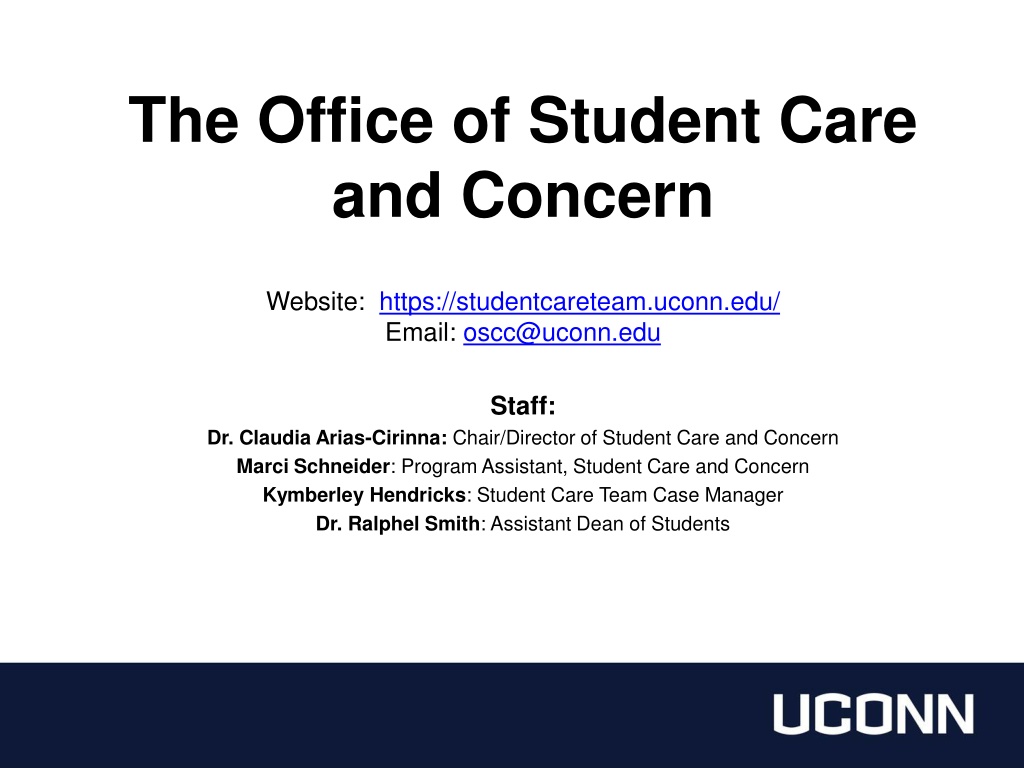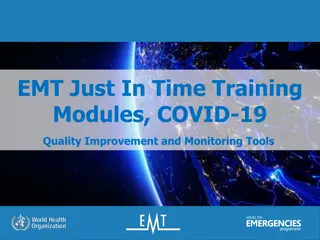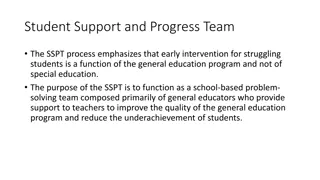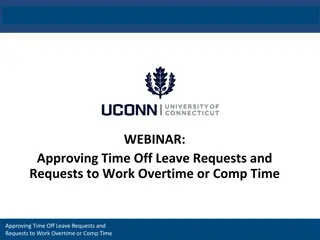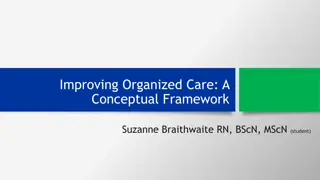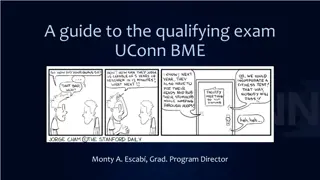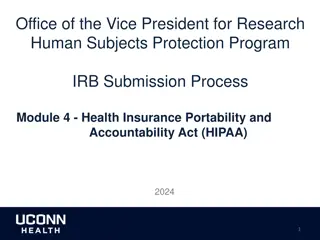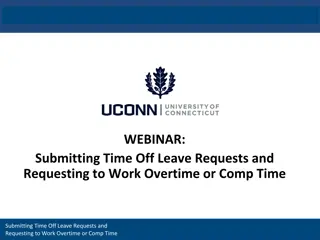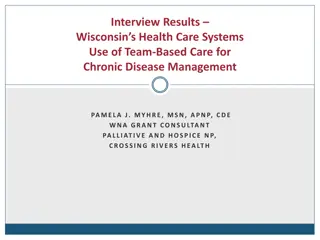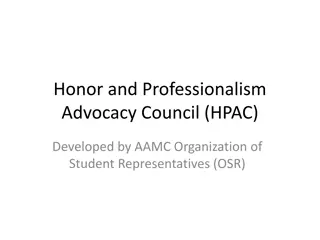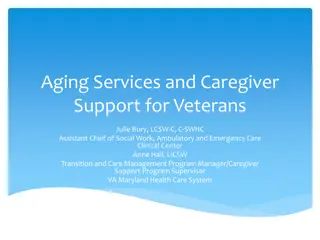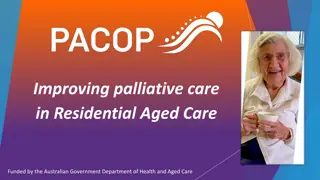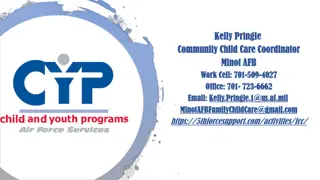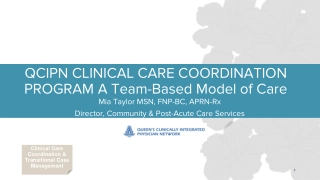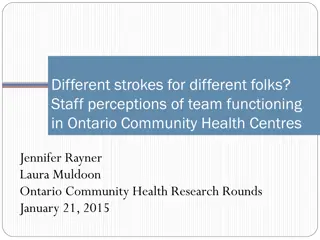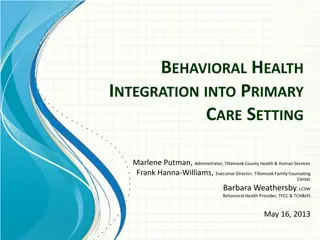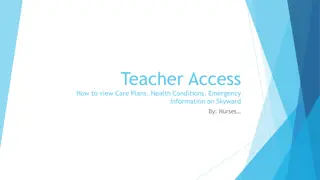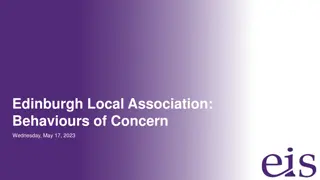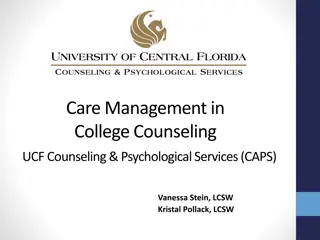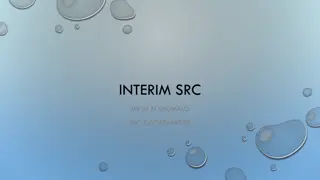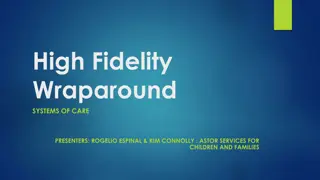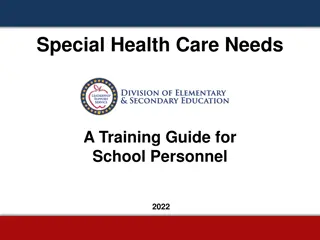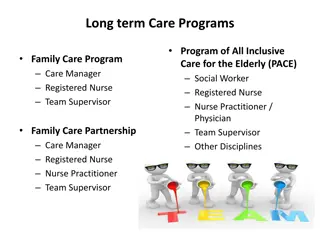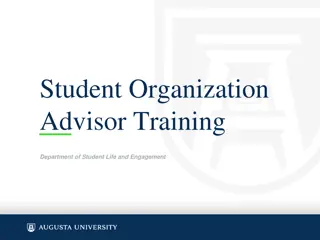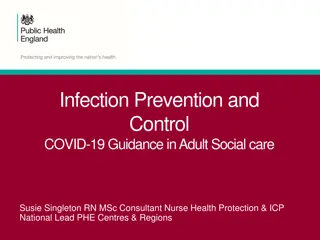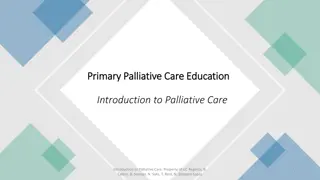Student Care and Concern Team Overview at UConn
The Student Care and Concern Team at UConn is a multidisciplinary group that evaluates and responds to behaviors of students that may be threatening, harmful, or disruptive. The team collaborates with various university departments to provide comprehensive support and intervention services. In situations of crisis, specific steps are outlined for gathering information and accessing appropriate resources. The team seeks relevant information from staff to assist in identifying changes in student behavior and providing effective intervention strategies.
Download Presentation

Please find below an Image/Link to download the presentation.
The content on the website is provided AS IS for your information and personal use only. It may not be sold, licensed, or shared on other websites without obtaining consent from the author. Download presentation by click this link. If you encounter any issues during the download, it is possible that the publisher has removed the file from their server.
E N D
Presentation Transcript
The Office of Student Care and Concern Website: https://studentcareteam.uconn.edu/ Email: oscc@uconn.edu Staff: Dr. Claudia Arias-Cirinna: Chair/Director of Student Care and Concern Marci Schneider: Program Assistant, Student Care and Concern Kymberley Hendricks: Student Care Team Case Manager Dr. Ralphel Smith: Assistant Dean of Students
Threat Assessment Team BAOC Employees of Concern Care Team
Student Care Team The Student Care Team is a multidisciplinary team that meets regularly to evaluate behaviors by University students that are perceived to be threatening, harming or disruptive to the student, to others or to both and coordinate an appropriate response.
Who sits on the Student Care Team? Student Care Team Student Care and Concern Residential Life Student Health and Wellness - Mental Health Services UConn Police Center for Students with Disabilities *Regional campuses
Why a Student Care Team? Non-adversarial process of engaging students, gathering information, and coordinating appropriate responses Comprehensive response to common-sense concerns. What is going on and where/how can we intervene and help? Make connections to support services and keep track on student success Partner with campus departments to obtain a holistic view of student s experience and engagement
What to do if a student is currently experiencing crisis? Gather info Nature of the crisis. Keep questions specific. Contact appropriate resources 911 if immediate danger Submit a referral studentcareteam.uconn.edu
What information is the CARE team looking for? Observations: Through your interactions with a student, the Care Team can gain a greater picture of the student s engagement, support network, and identify any recent changes in attitude, behaviors, etc. If you are concerned about a student, information that would be helpful to include in a referral would be: How do you describe that student in terms of engagement with your office? Have you noticed any type of behavioral change with the student (e.g., the student used to be social with others but now seems to isolate themselves)? If known, who is the student s support network? If known, what is the student involved in?
Students in Distress Response Protocol Question: Is the student a danger to self or others? Student is clearly and imminently reckless, disorderly, dangerous or threatening (this include self harm) Call 911 Then fill out a care team referral at studentcareteam.uconn.edu Yes Not concerned with student's immediate safety but student is having significant academic and/or personal issues and could use some support Fill out a care team referral at studentcareteam.uconn.edu No
When to submit a referral A student is regularly presenting in a concerning or disconnected manner Disclosure of suicidal thoughts or harming self or others Behavior reflects increased hopelessness, helplessness or despair Expressed paranoia/mistrust Impulse control problems Expression of violence in writings, drawings, social media, etc.
Examples of other Concerning Behaviors: Acts of physical aggression Threats of violence Articulation of depression, hopelessness, or self- harm Mention of weapons or violence as a way to solve problems Self harm (cutting etc.) Expressions of anger/agitation/inability to cope with stress Reports of abuse, domestic violence, sexual assault
Examples of imminent threat: Actively cutting Overdose of medication/drugs Current suicidal thoughts and plan Current thoughts of active threat towards others Suicidal or threat to others coupled with a possession of a weapon Any act of violence
Our Message to the Community Recognize: Know what distress looks like. You are likely to see these things before we do If you have any concerns, please speak up about them Respond: Address the student directly or consult with a supervisor about your observations and concerns Refer: Know your limits. Know your resources Within the boundaries of your role, it is better to do too much than too little Err on the side of caution. Always make a referral even if you're unsure
What happens after you refer? Referrals to the Student Care Team are typically received and reviewed within one business day of submission OSCC staff review the referral to determine student s enrollment status, campus location, and demographic information Care Team Case Managers do not meet with non- enrolled students The referral source may or may not be contacted to provide any additional information Any delay in our office contacting the referral source does not indicate that concerns are not being addressed
What happens after you refer? A member of the Student Care Team may contact the student of concern right away and/or other involved parties beforehand for additional information. We may also partner with another campus resource to coordinate outreach Keep in mind, students are not mandated to meet with Care Team case managers; however, staff are very creative in getting students to connect with our office Whenever possible, the referring party should try to disclose to the student that are referring the student to the Care Team
What we do our end... Case managers meet with students weekly or biweekly. Case manager presents information to Care Team. Student is connected to appropriate services. Three assessments are presented for each student. Student of Concern Screening (SOC Screening) Full Assessment Reassessment Case is managed until student is no longer a student of concern OR they are no longer an enrolled UConn student. If another referral is received on a previous Care Team student, the case is reopened. The Office of Student Care and Concern has been managing Care Team cases virtually with no impact on the service we provide.
What information the Care Team collects for each student: Demographics Class/academic information History of Conduct and Care History of Mental Health Engagement/Involvement Social Media presence Family/ social support systems Connection to resources ( on and off campus)
Where do we refer Care Team students? SHaW-MH DOSO CSD UCONN PD Residential Life ISSS OIE ODE Graduate School Cultural Centers Honors Program First Year Programs Academic Achievement Center Center for Career Development Veteran Affairs
Where do our referrals come from? Students Faculty/Instructors Staff Peers Regional campuses Anonymous On campus partners (Reslife, UCPD, CSD, DOSO) Off campus partners (Churches, State Police, Family, Friends, off campus medical providers)
Office of Care and Concern Wilbur Cross, 203 Phone: 860-486-8777 Website: studentcareteam.uconn.edu If you have any questions, please email us at oscc@uconn.edu or call us at 860-486-8777
Discussion... Now tell us more about your services and how we can partner to help students feel supported
